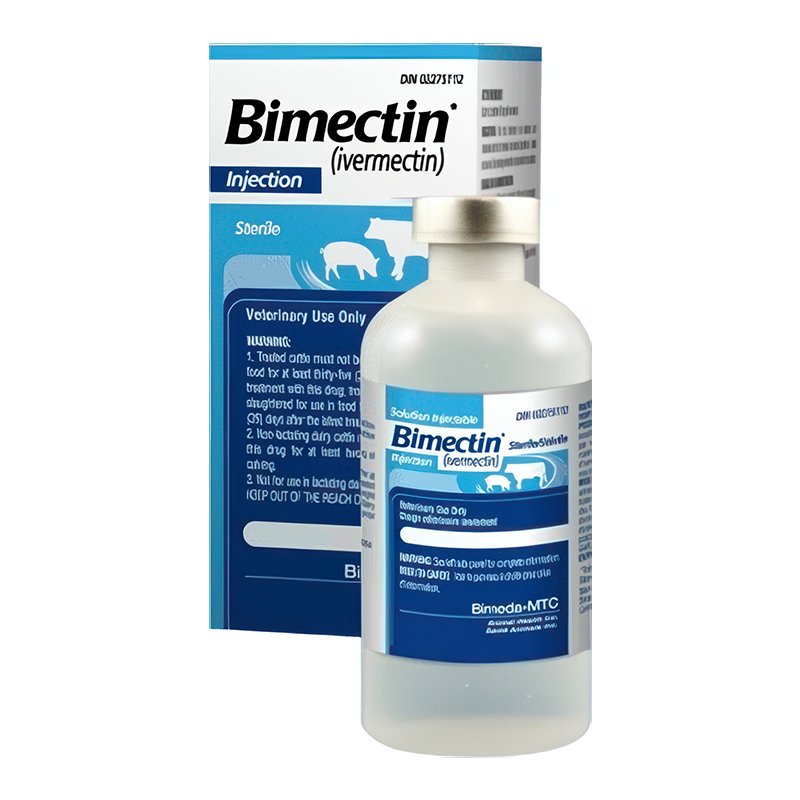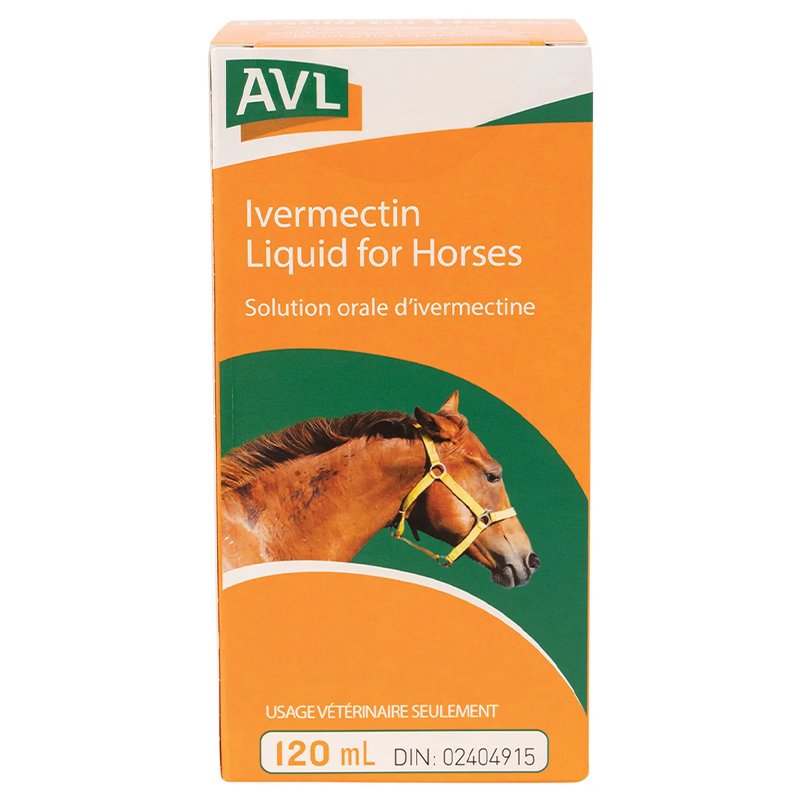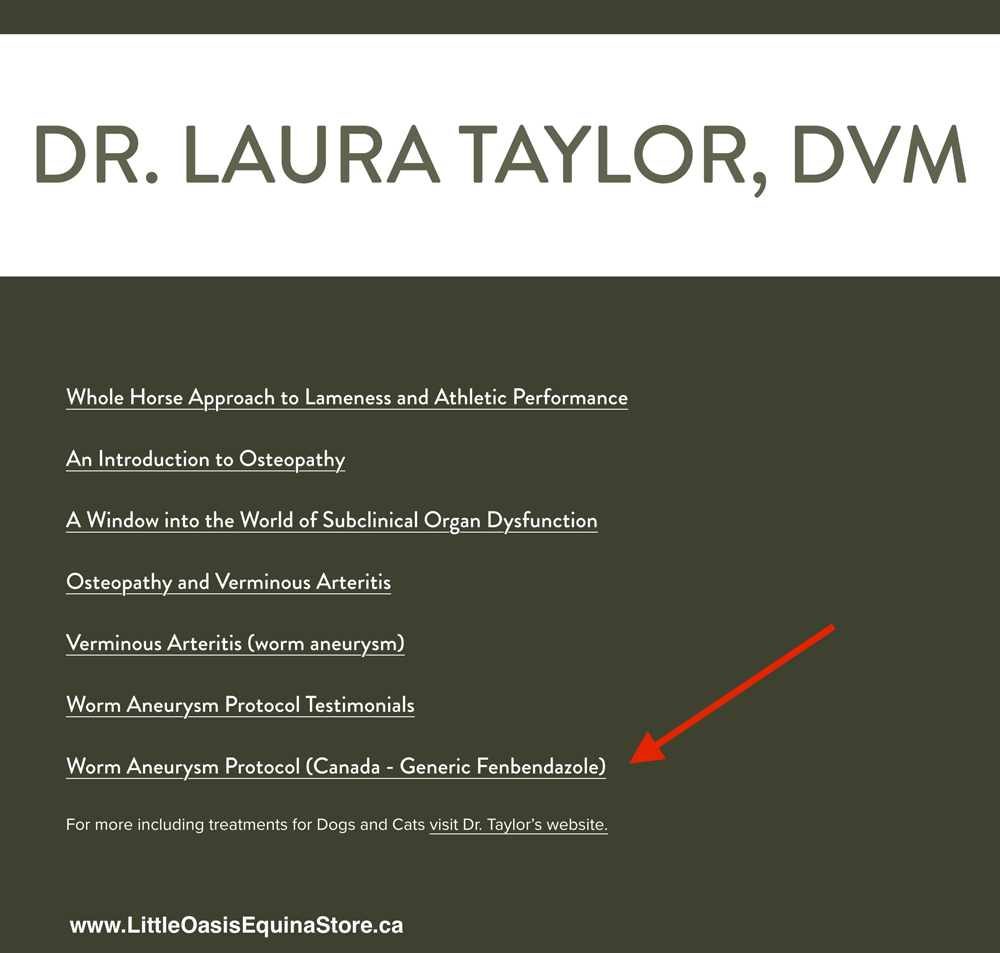My Yearly Deworming Protocol
Two members of my herd -- Stiletto and Spirit.
People are often surprised to learn that I use conventional dewormers to deworm my horses, given my advocacy for natural/holistic/alternative and nutritional support.
This has been a twenty-year journey experimenting with various methods of deworming. I started out with a twice-a-year spring/fall regimen and changed to every three months based on the new information being released at the time. After that, I began following a natural deworming protocol promoted by a horse health practitioner. I learned how to use a microscope and tested monthly along with various strategies, including diatomaceous earth, pumpkin seed, garlic, psyllium husk etc.. While I tried all those things and had horses that looked beautiful, shiny, and didn't have any fecal egg counts for four years, things started to go horribly wrong with my gelding Spirit. I won’t fully recount it here, but if you like you can read A Story With Spirit (in this account I don't go into great detail about the worming issues we had with him, which is why I want to give you a more comprehensive history). In spite of the fact that we couldn't find faecal eggs on the microscope during monthly testing, Spirit began failing at random and suffering so much back pain that we were baffled as to how he was deteriorating so rapidly.
Enter Dr. Laura Taylor, Holistic Veterinarian in Calgary, AB. The first time I met her she was able to diagnose Spirit using her osteopathic techniques and she then educated me about verminous arteritis and how to treat it with a special worming protocol.
Verminous Arteritis (VA) is an inflammatory process that occurs in the mesenteric artery due to large strongyle (Strongylus Vulgaris or Equine Bloodworm) larval migration; their presence incites the immune system to respond, causing inflammation and eventual thickening of the artery wall. They migrate back into the digestive system where they become mature strongyle worms. It is these larvae that reside outside the digestive system (untouchable to single-dose dewormers). Left untreated these larvae cause ‘Verminous Arteritis’ or ‘Worm Aneurysm’ which is a term used to describe the more advanced stage of dilation of the mesenteric artery which leads to bulging of the outer layer of the artery. Sudden death in horses from a ruptured mesenteric artery or thromboembolic colic was very common decades ago.
verminous arteritis in the mesenteric artery
Treatment of this condition requires the use of several different types of dewormer strategically timed so that the life cycle and migratory cycle of the parasite can be properly targeted.
In learning that encysted larvae remain in the artery regardless of becoming parasites, I realized that sometimes the symptoms these parasites cause in our horses are only caused by their captive lifestyles and our desire to ride them. Remember, the mesenteric artery runs along the spine and inflammation caused by the encysted larvae there were causing Spirit so much pain. I'm sure that the wild horses have these parasite issues too but they're not expected to carry humans on their backs.
When we began piecing Spirit back together (with the treatments and protocols outlined in ‘A Story With Spirit’) I treated him with the worm aneurysm protocol every year and I’ve done it consistently for all of my horses for the past ten years. Sometimes it includes a dewormer in the fall but otherwise in the spring I do the worming protocol as recommended by Dr. Taylor.
The purpose of this post is not to tell you that natural practices don't work or that everyone needs to do the verminous arteritis worming protocol, but rather to demonstrate that a one-size-fits-all approach doesn't work for all horses. In some cases, it is necessary to combine natural health strategies alongside chemical dewormers.
YOU’LL OFTEN HEAR ME SAY…
“Never say never, never say always, because the very next situation that appears before you will prove you wrong.”
I would like to re-iterate that I am not making any recommendations for you or your horse. By sharing my knowledge and experience, I hope to save you the time and energy of wading through all that!
One thing that you may have been hearing about is anthelmintic resistance (a fancy term for chemical dewormer) which means that some parasites like the roundworm Parascaris spp., are resistant to ivermectin for example (read more on this from Kentucky Equine Research). Perhaps this points to the fact that it’s time for some new strategies?
Managing manure is another aspect of horse husbandry that is often overlooked when it comes to parasite control. Manure is removed from our paddock paradise track every day except during the winter when there is a lot of snow on the ground. It is also essential for me to keep my herd's exposure to other horses without a similar deworming protocol to a minimum.
Doing the deworming protocol for my horses has significantly contributed to the health that I see in them today.
Until next time,
Leah Hope
More Reading & Resources:
Dr. Laura Taylor - Verminous Arteritis - Be sure to check out the video demo on this page + PDF’S at the bottom of the page which include Testimonials for the Worming Protocol.
Find the pdf of the Worm Aneurysm Deworming Protocol HERE and scroll down the page to this section.













